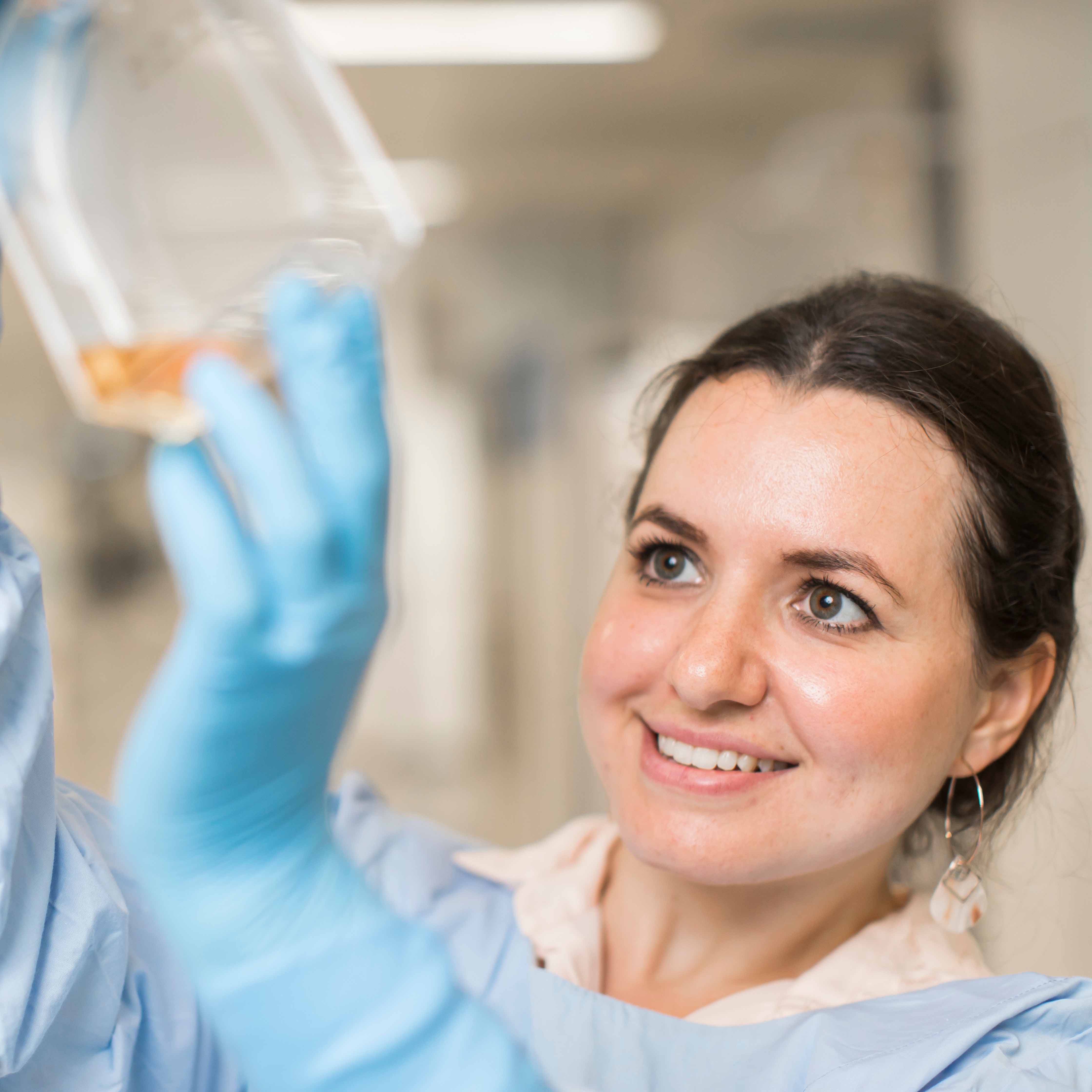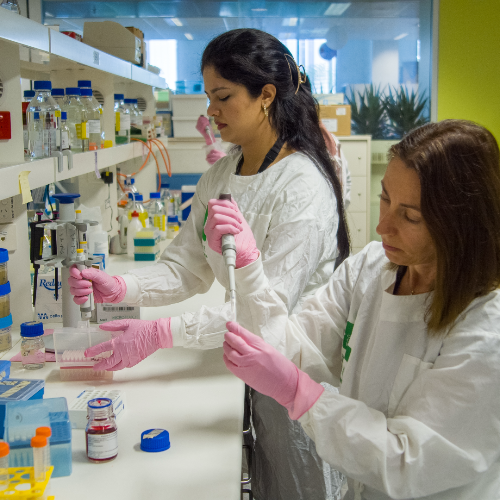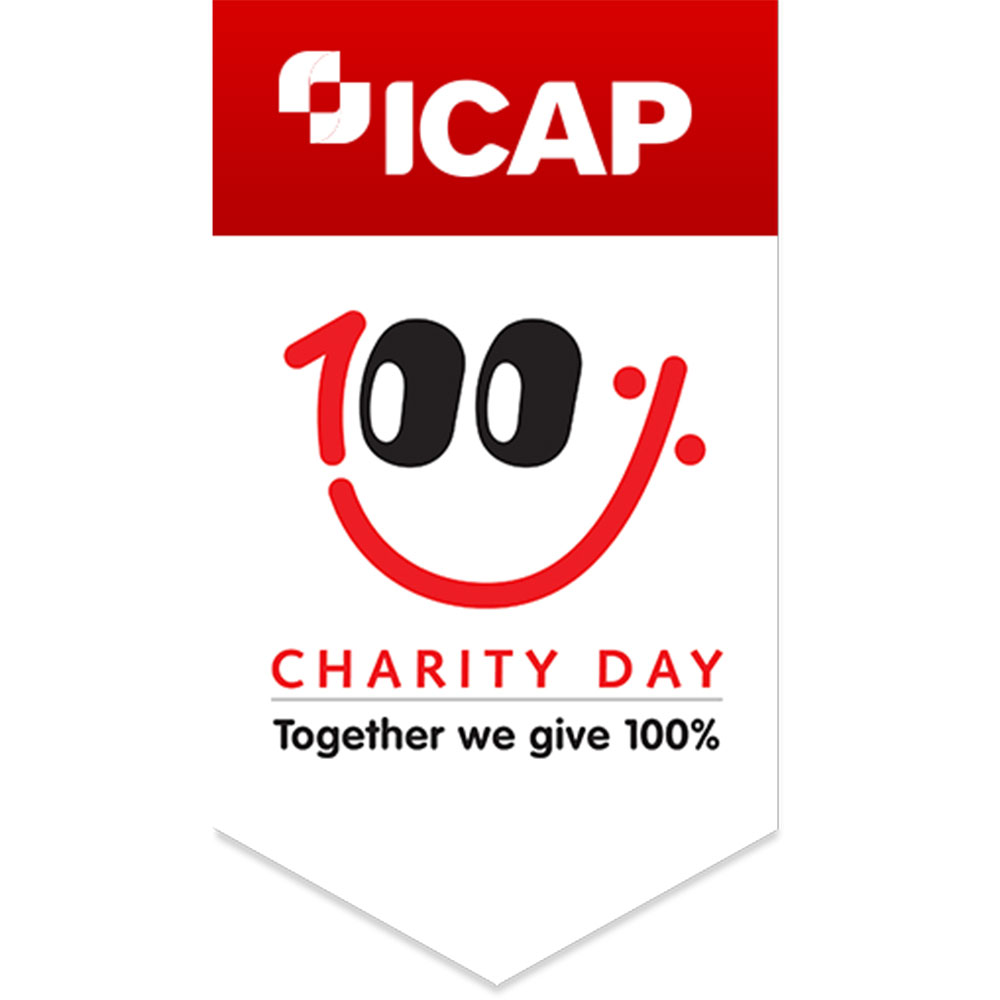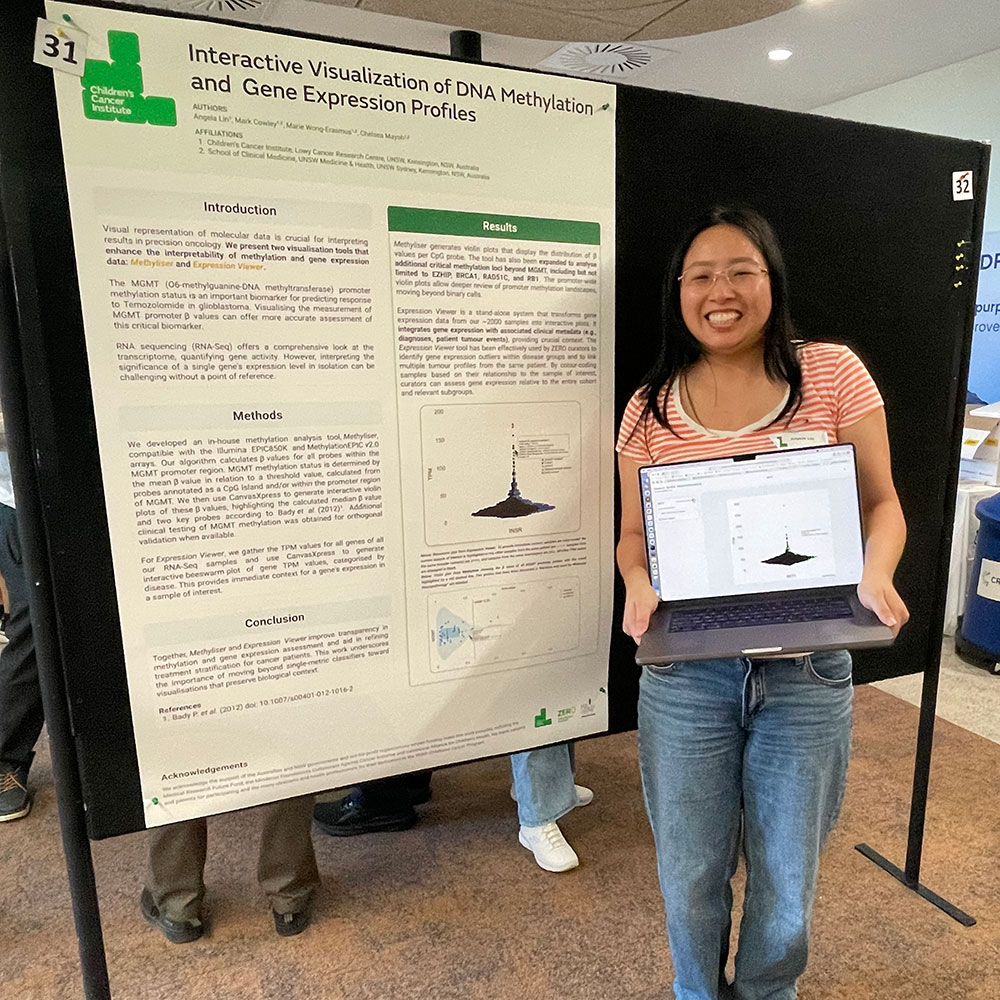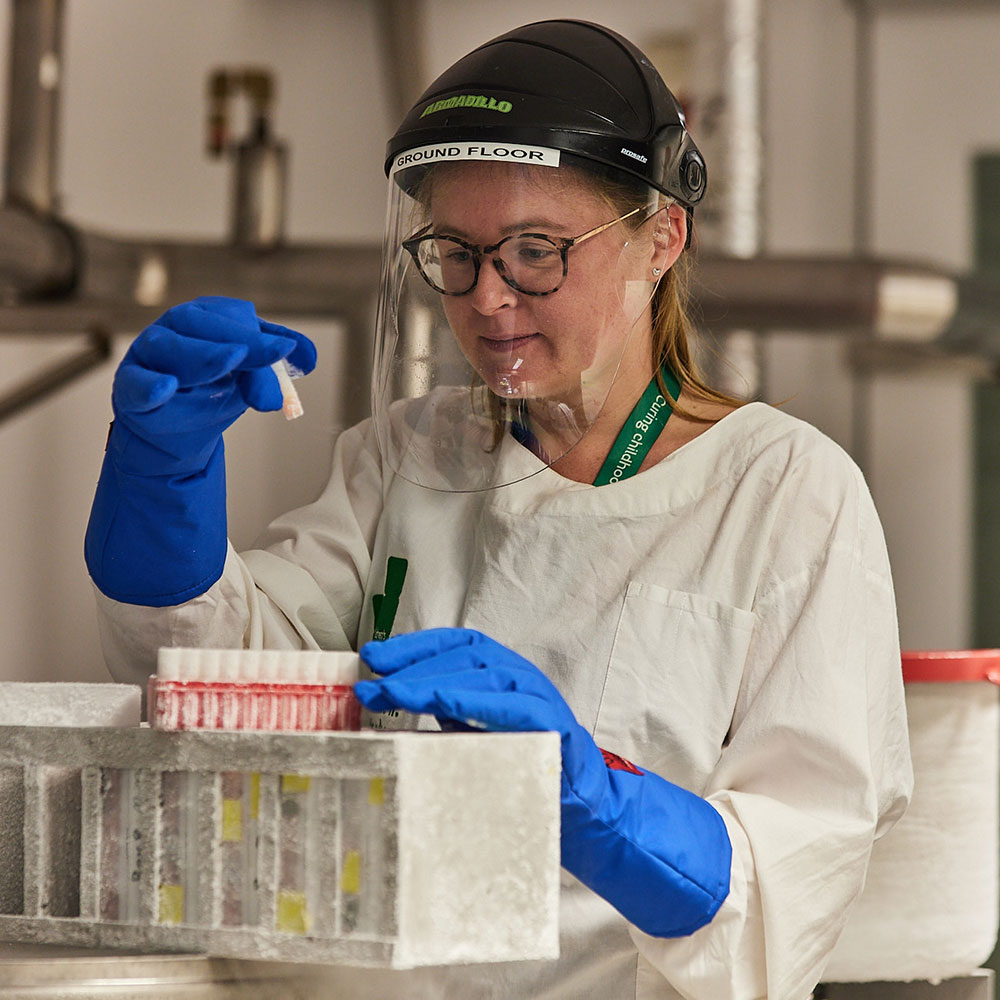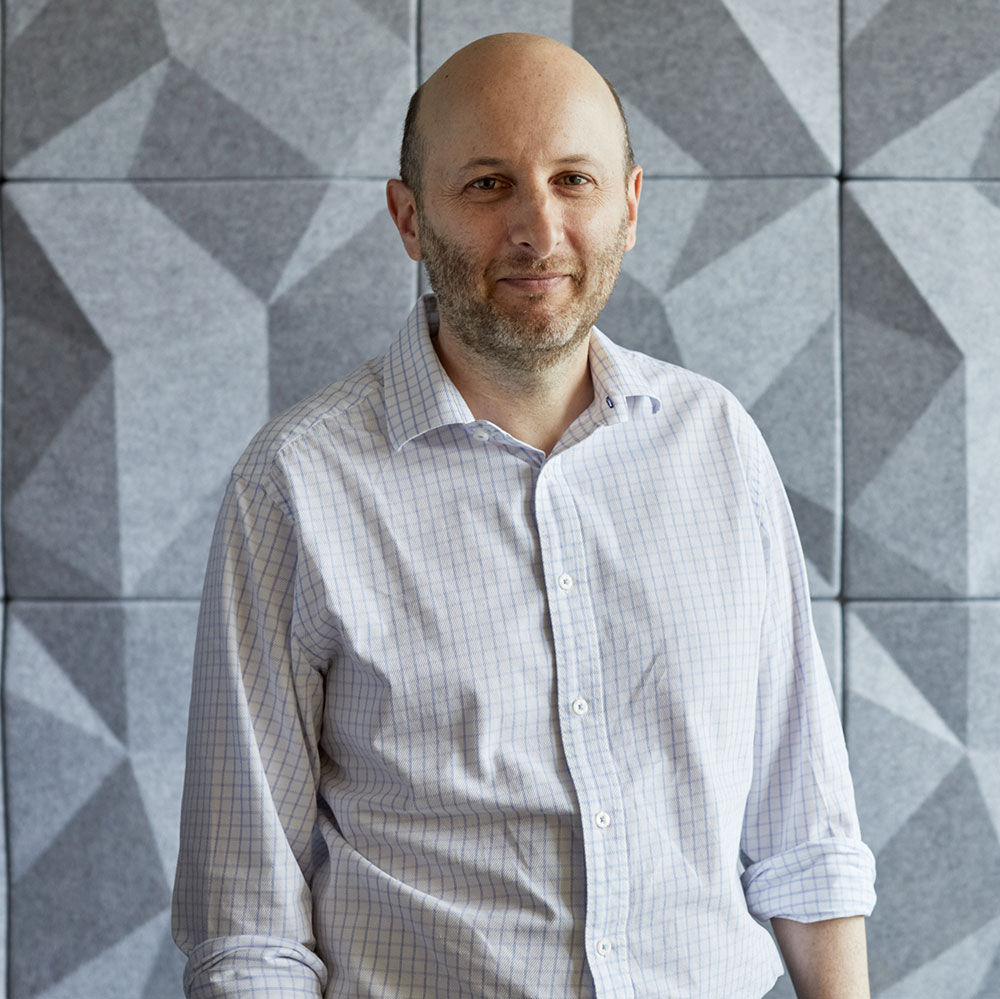Our Brain Tumours team’s mission is to find safe and effective ways to treat deadly brain cancers. Now, based on their research, a new clinical trial is about to be launched in children with DIPG – the deadliest of all childhood cancers.
DIPG and how it’s treated
DIPG stands for diffuse intrinsic pontine glioma, and is a rapidly growing type of cancer that grows in the brainstem (at the base of the brain). Because of the location that DIPG grows, it’s notoriously difficult to treat.
Children who develop DIPG are usually 4 - 11 years old, and live for an average of just 9 months after diagnosis. Each year in Australia, between 20 and 40 families receive the devastating news that their child has DIPG.
For a treatment for DIPG to be successful, it needs to overcome some major hurdles. Firstly, it needs to be capable of crossing the blood-brain barrier − the body’s natural defence system against chemicals entering the brain. Secondly, it needs to be very good at killing DIPG cells. And thirdly, it can’t harm other cells in the brain.
Researchers all over the world have tried and failed to find a treatment that does all three of these things. After more than 250 trials in children with DIPG, there are still no effective treatments for children diagnosed with this disease.
Levi’s Project
Levi’s Project is a world-leading research project led by our Brain Tumours Group and launched in 2019 with just one aim: to develop an effective treatment strategy designed specifically for DIPG.
Levi’s project is named in honour of Levi Wheeler, a young boy who lost his life to DIPG in 2018. Tragically, doctors had no effective treatments to offer Levi, who was diagnosed just after he turned 7 and lived to see just one more birthday before the disease claimed his life. Through ‘Levi’s Project’, Levi is helping create a brighter future for other children diagnosed with DIPG.
To date, Levi’s Project has carried out a whole series of laboratory experiments to identify promising treatments for DIPG, including several anticancer drugs. Most recently, they have been exploring a new approach − immunotherapy. Now, the stage is set for an exciting new clinical trial, called ‘Levi’s CATCH’.
Levi’s CATCH
Levi’s CATCH is the first clinical trial of its kind in Australia, or indeed anywhere outside of the US. It is based on a type of immunotherapy called chimeric antigen receptor (CAR) T-cell therapy – or CAR-T cell therapy for short.
CAR-T cell therapy was first developed as a treatment for acute lymphoblastic leukaemia, and has proven so effective it is now considered a standard treatment option for this disease. Since 2017, six CAR T-cell therapies have been approved by the Food and Drug Administration (FDA), all for the treatment of blood cancers.
The therapy centres on using immune cells called ‘T cells’ (a type of white blood cell) to fight cancer. In CAR-T cell therapy, a patient’s own T cells are taken from their blood and then engineered in the lab so they are able to recognise and destroy cancer cells when put back in the patient’s body.
“DIPG is one of the only childhood cancers that remains incurable, and this is a completely new way of attacking this cancer,” explains Professor David Ziegler, who leads our Brain Tumours Group. “Results in the lab have been very exciting, so we’re very hopeful this trial will lead to a new approach to treating DIPG, and potentially other brain cancers as well.”
Levi’s CATCH began enrolling eligible children from across Australia in February 2023. Find out more at https://www.ccia.org.au/blog/new-clinical-trial-for-fatal-childhood-brain-cancer.
Donate your age
Most people take getting old for granted. At Children’s Cancer Institute we do not. Sadly, 3 children die from cancer every week in Australia. These kids don’t get to experience growing old, or even growing up.
Please show your appreciation for every year of life you’ve been lucky enough to live, by Donating Your Age.


